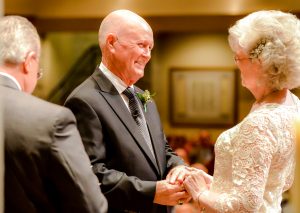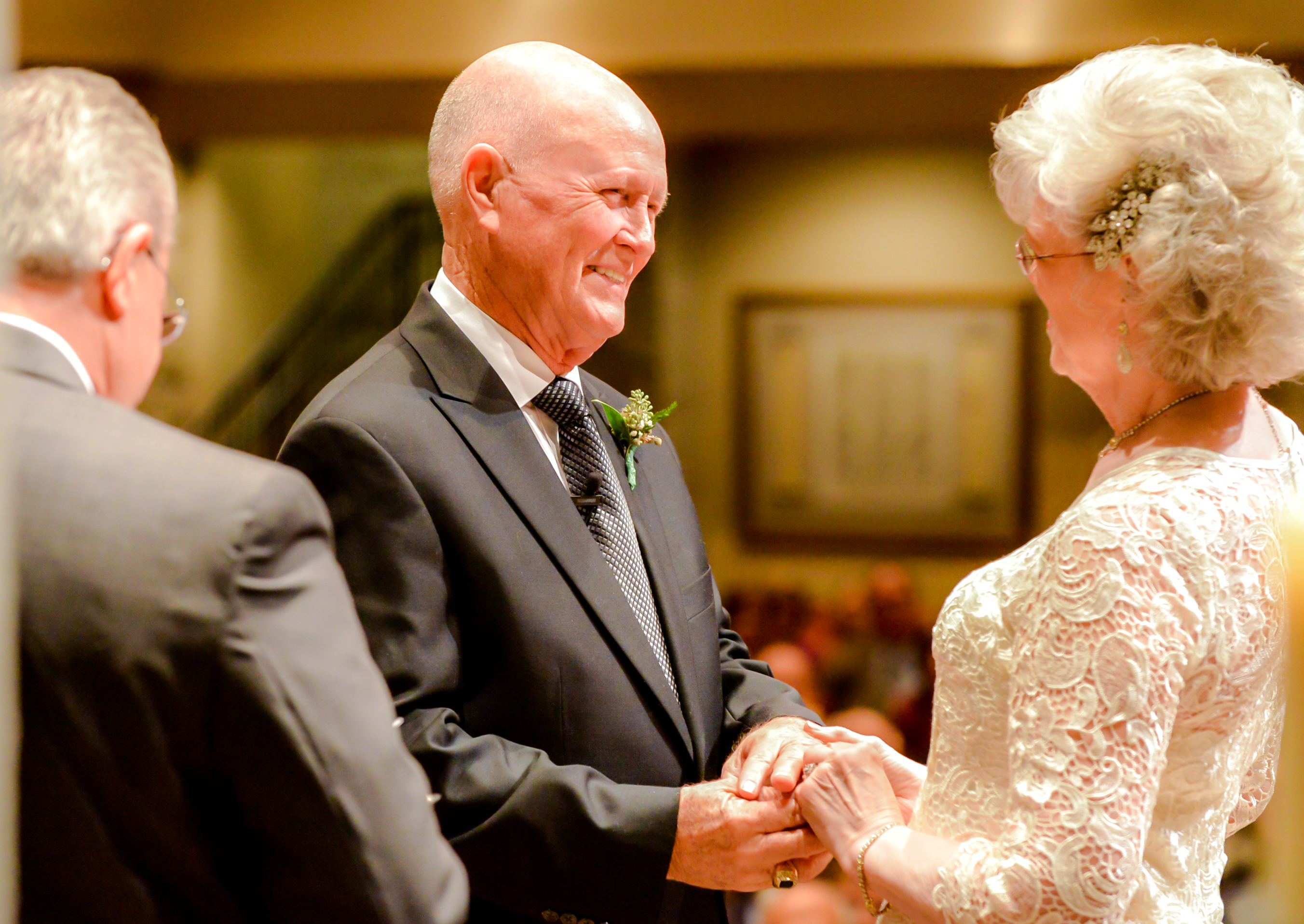 We all have to make decisions all the time, ranging from trivial issues like what to have for lunch, right up to life-changing decisions like where and what to study, and who to marry.
We all have to make decisions all the time, ranging from trivial issues like what to have for lunch, right up to life-changing decisions like where and what to study, and who to marry.
Most likely, you have also done some second-guessing in order to analyze a recent decision, commitment, vow, or agreement.
Perhaps you second-guessed and realized you made a terrible mistake by not thinking through what you just did.
Maybe after thinking it through you realize some things you should have thought about before the action.
If you’ve done some “second-guessing” in your life, you are definitely a member of the human race. All of us have had second thoughts about what we have committed ourselves to do after the fact, regardless of the seriousness of the commitment.
Reflecting on a decision does not always lead to regret. As a matter of fact, it could even strengthen your decision and make you even more confident you made a correct decision.
Take for example, the purchase of a home or a piece of property. Was it the right location? Could we have bought it for much less? Did we commit for more than we can really afford? . . .and the questions could develop into a lengthy list.
Your reflection time could lead to, “What In The World Have I Done?” or, the more you think about your decision, the more confident you will be that “you made a good choice.”
On a personal note, my wife and I were married 11/23/15 after both were blessed with a 50 year marriage.
The night of our wedding she had been a widow 4 years and I had been a widower for almost 3 years. Without question, our vows to each other that night took on a more serious meaning than the vows we had made over 50 years ago.
All things considered, we both made the right decision to move forward with our lives and follow God’s will for the rest of our lives.
The vows we made were basically the same, but somehow each promise seemed to have a more serious meaning than the ones we made back then.
For Example: ” . . .and forsaking all others. . .” back in the youthful days meant that you wouldn’t consider any further dating or courting interests. Some young couples even realize that the promise also includes Mom and Dad.
Have you ever stopped to realize what that promise could include to someone 20, 30, or 50 years later? 
Obviously the promise would still include any involvement with courting, but what if Mom and Dad are no longer living? What if you have adult children with children of their own? Should you promise your bride or bridegroom you will consider them to be of first interest ahead of your children or grandchildren.
We had to take a more serious look at “…and forsaking all others…” because immediate family was all we had left.
Regardless of what your situation or circumstance may be “. . .forsaking all others. . .” means exactly what it says, all others.
The “…all others” phrase may be omitted from more contemporary vows, but that does not give us a free pass from adhering to God’s design for marriage.
Between the two of us we have seven adult married children and 16 grandchildren. Two of our 16 grandchildren are planning weddings this year. That’s a lot of recitals, Sunday lunches, holiday family gatherings, soccer games, concerts, birthdays, funerals, graduations, and weddings. Grandma and PaPa are expected to be in attendance to all these events for both families.
At this writing we’ve been married over a year and have managed to be in attendance to most of the above mentioned events.
In a way, you have to find a way to include all others, while at the same time being faithful to your vows to “forsake” all others in order to be faithful to honor your wedding vows.
“Forsaking all others” also means you are committed to listening to your spouse’s feelings regarding your “friendships of the past”.
 When my wife’s friends from the past wanted to include her in their social event, she asked me if I had any problem with her joining with her female friends for a breakfast or luncheon. The key to this situation was her consideration of me, by asking.
When my wife’s friends from the past wanted to include her in their social event, she asked me if I had any problem with her joining with her female friends for a breakfast or luncheon. The key to this situation was her consideration of me, by asking.
She was not asking for permission, but was simply making sure that I had no problems with her continuing to gather with her friends periodically. Of course, I want her to be involved with her friends as much as possible.
What about the husband wanting to continue his golf games with his golf buddies every Saturday?
He will have a much stronger relationship with his wife if he consults with her first. This again is not asking for permission, but rather to make sure she has no problems and that she doesn’t mind him having that special time with his golf buddies.
All things considered, when our wedding ceremony came, we were both settled about all these matters
I have focused on this important vow because, according to my research, failure to forsake all others has destroyed untold marriages and has crippled countless others.
I am convinced that many young couples do not take the time to examine the serious commitments contained in the traditional marriage vows. If you are remarrying later in life, you have a completely different circumstance than the “first time” young couple, you will, at least, give more serious consideration to what you are about to do.
 Regardless of whether or not you’re a young “first wedding” couple or an older “second wedding” couple, these thoughts and experiences have been written with the hope you be able to truly say “All Things Considered”.
Regardless of whether or not you’re a young “first wedding” couple or an older “second wedding” couple, these thoughts and experiences have been written with the hope you be able to truly say “All Things Considered”.

